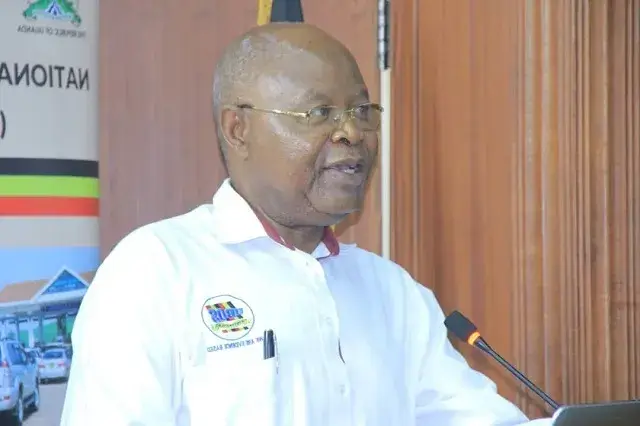The ongoing population census in Uganda has been marred with irregularities and confusion, which has left Ugandans in shock and wondering why an exercise that has been prepared for ten years would be messed up in such a way.
The UBOS Executive Director, Chris Mukiza, while appearing on the capital gang over the weekend, admitted the irregularities, but with optimism that the exercise will end successfully. Mukiza, who decried technical glitches, said that some enumerators in different regions of the country were unable to log in to the system because it had remained in the training mode instead of the enumeration mode.
Mukiza went ahead to blame the local governments and politicians, claiming that they interfered with the recruitment exercise. He added that the application process and aptitude were done online, but politicians and local government officials recruited more than 20,000 people outside the normal recruitment process since these people had not applied online.
He further highlighted on the issue of local suppliers that had failed to supply bags and reflectors, and chances are high that some of those materials will not have been supplied even by the end of the exercise. Poor sensitization by UBOS cannot be left unmentioned since the members of the public needed to know about the importance of the exercise including but not limited to proper national planning and policy formulation.
The revelation and confession from the UBOS director exhibited high levels of competence and negligence. Uganda last conducted the population census in 2014, and UBOS has had ten years to prepare for the 2024 census exercise, but it is shocking how the Executive Director comes out with excuses and blame games instead of apologizing to the public or resigning. Shifting blame to local governments and politicians shows a lack of coordination and a poor working relationship between UBOS and local governments and politicians.
It should be noted that all districts in Uganda have planners or statisticians. If well empowered, these people are in a better position to conduct better exercises with less burden on the national treasury. The sub-counties can as well work with local councils, compile the data, and report it to districts onwards to UBOS, and the information could be updated every year as they compare with the NIRA database.
It is clear that we have become a wasteful country that does not respect simple and cheaper options. We look at how much we get from the Treasury and how it benefits us as individuals. Instead of focusing on the success of projects, we do this with impunity, as though it were illegal to resign.
It is clear that there is no data needed by UBOS that is outside the competence of the district establishment, but fighting for resources is the main challenge. There are parish chiefs, health assistants, town agents, VHTS, local councils, et al, but who cares anyway?
It has become normal to act with impunity because nobody will tell us to resign anyway. The UBOS incompetence is just a small picture depicting what is in other agencies: civil servants have become self-seekers, and nobody holds them accountable. Will Ugandans believe the outcomes of the census exercise with all this mess?
